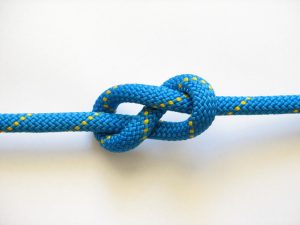After injuring her wrist on the job, being accused of theft, and having her employment terminated after 14 years, one former Chipotle  employee finally has been vindicated. A jury awarded her nearly $8 million in damages as the result of a wrongful termination lawsuit plaintiff filed in Fresno County Superior Court after she was fired in 2015. Managers accused her of stealing $626 from the chain restaurant, and went so far as to tell her they had surveillance footage of the incident. When plaintiff denied the theft and demanded managers produce the video, they claimed it was deleted, expecting her to be satisfied with eye witness testimony of other employees who claimed to have seen the video, according to a report from The Fresno Bee.
employee finally has been vindicated. A jury awarded her nearly $8 million in damages as the result of a wrongful termination lawsuit plaintiff filed in Fresno County Superior Court after she was fired in 2015. Managers accused her of stealing $626 from the chain restaurant, and went so far as to tell her they had surveillance footage of the incident. When plaintiff denied the theft and demanded managers produce the video, they claimed it was deleted, expecting her to be satisfied with eye witness testimony of other employees who claimed to have seen the video, according to a report from The Fresno Bee.
This was unacceptable to plaintiff, and jury members agreed. Not only did they not believe plaintiff to be a thief, but determined she was a victim in the whole ordeal. Plaintiff alleged she was framed for the theft as retaliation for filing a worker’s compensation claim. Ortiz was fired while she was out on medical leave, weeks after the theft allegedly took place. She had filed a worker’s compensation claim shortly before the alleged incident, and continued to work to the best of her abilities until she could start her leave. At the same time, plaintiff alleged that supervisors were instructing her to downplay her injury to her doctors so she would not have to take medical leave, but she refused. Plaintiff argues this set up motivation to try to defame her. Fair Employment and Housing Act prohibits an employer from retaliating an employee from asserting their rights under the law, including for medical conditions.
 Orange County Employment Lawyers Blog
Orange County Employment Lawyers Blog

















